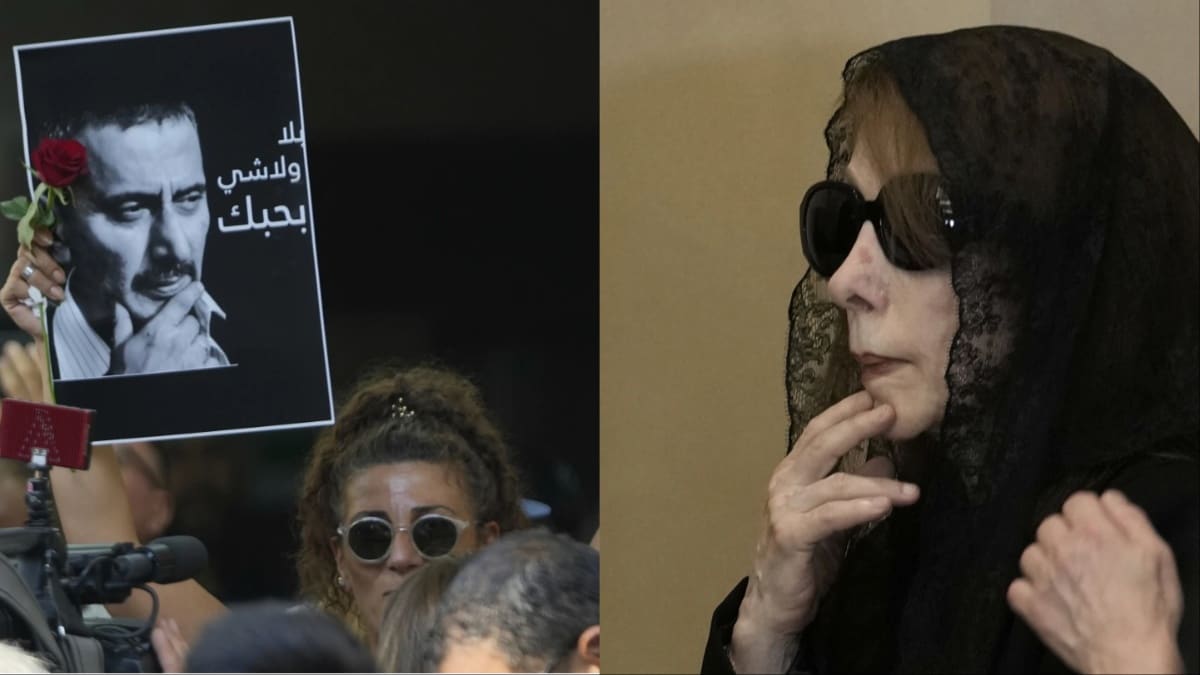

Lebanon is in mourning following the death of Ziad Rahbani, the iconic Lebanese composer, pianist, playwright, and political commentator. He passed away on Saturday, July 26, 2025, in a Beirut hospital at the age of 69. A statement from the hospital indicated that his heart stopped beating at approximately 9:00 am. The cause of death was not immediately disclosed.
Ziad Rahbani was the son of Fairouz, one of Lebanon and the Arab world's most celebrated singers, and Assi Rahbani, a founder of modern Arabic music. His death has reverberated throughout the Arab world, where he was admired for his satirical works, unapologetic political critiques, and avant-garde compositions infused with jazz influences. His music mirrored the chaos and contradictions of Lebanon, particularly during its civil war from 1975 to 1990. Many of his musicals offered sharp commentary on Lebanese politics, both during and after the civil war, often criticizing the traditional political establishment.
Hundreds of mourners gathered in Lebanon to pay their respects to Ziad Rahbani. On Monday, a solemn procession took place near the Khoury Hospital in Beirut's Hamra district, with people holding roses and photos, singing his famous songs. The vehicle carrying his body proceeded to a church in Bikfaya for burial in the family cemetery.
Adding to the somber atmosphere, Ziad Rahbani's mother, Fairouz, made a rare public appearance at the funeral. The 90-year-old singer, who has largely remained out of the public eye in recent years, was seen wearing black sunglasses and a black veil as she greeted visitors offering condolences. Her last public appearance was in 2020 when French President Emmanuel Macron visited her to award her France's highest honor.
Ziad Rahbani's impact extends across generations in Lebanon. His compositions touched those who grew up during the civil war and the post-war generation. In recent years, younger audiences rediscovered his plays and sampled his music in protest movements. Despite appearing less frequently in public, he continued to compose and voice his frustrations with Lebanon's political stagnation.
Lebanese leaders and artists have paid heartfelt tributes to Ziad Rahbani. President Joseph Aoun described him as "a living conscience, a voice that rebelled against injustice, and a sincere mirror of the oppressed and marginalized". Prime Minister Nawaf Salam stated that Lebanon had lost "an exceptional and creative artist, a free voice that remained faithful to the values of justice and dignity," who dared to say "what many did not dare to say". The Lebanese Minister of Culture, Dr. Ghassan Salame, noted that Rahbani had begun refusing treatment for his declining health before his death.
Ziad Rahbani's unique blend of Western and Arabic musical roots created a distinct Lebanese sound. His work often mocked Lebanon's sectarian divisions. He leaves behind a rich artistic legacy and is survived by his mother, Fairouz, his sister Reema, and his brother Hali.